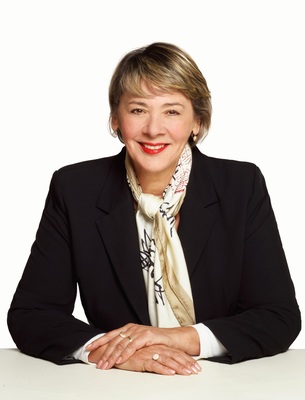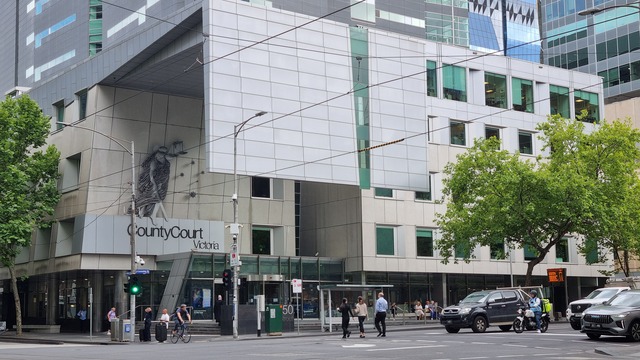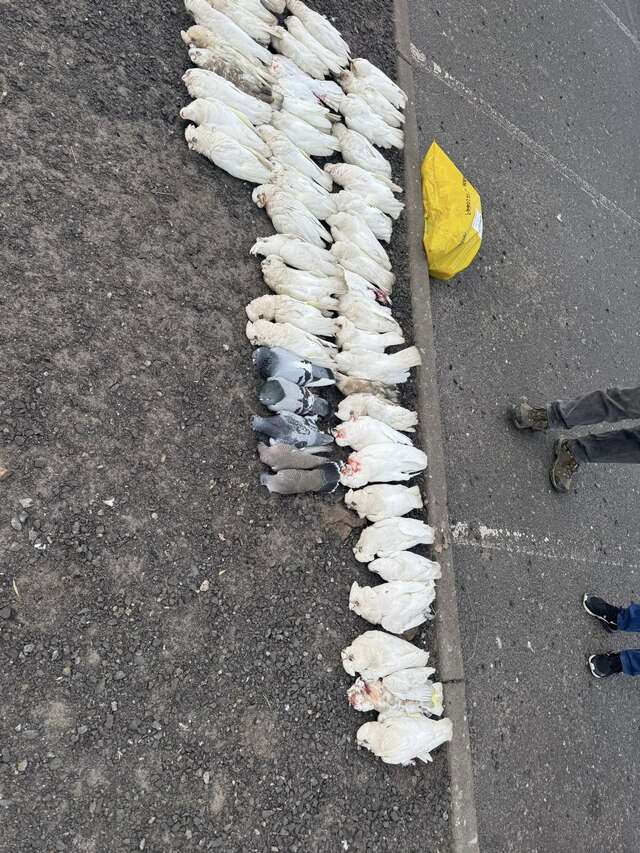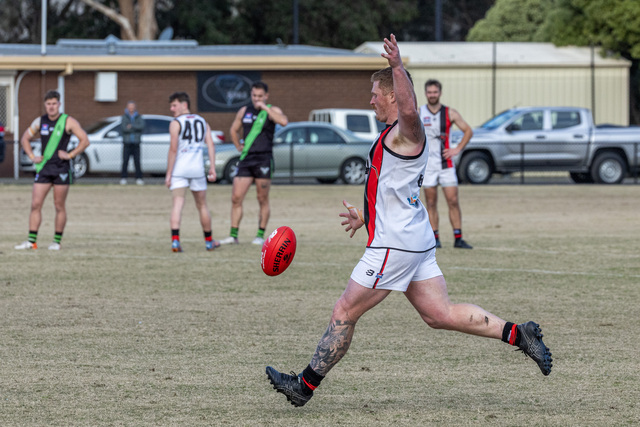Liberal stalwart Inga Peulich has bemoaned the rise of micro parties, which defeated her in the State Election in November.
Ms Peulich was tipped out of the last seat in the South Eastern Metropolitan Region by the Liberal Democrat’s David Limbrick – whose party attracted just 0.84 per cent of the vote.
She said micro parties – each with less than 2 per cent of primaries – made up 25 per cent of the Upper House.
It made “our democracy less stable, less accountable and less transparent”, Ms Peulich said.
Despite its ‘Dan-slide’, Labor has won 18 seats – short of a majority in an increasingly eclectic 40-member Upper House.
To pass laws, it will rely on other parties including Liberals (10), Derryn Hinch’s Justice Party (3) and Liberal Democrats (2).
There is also a representative from each of the Nationals, Greens, Shooters, Fishers and Farmers, Animal Justice Party, Fiona Patten’s Reason Party, Sustainable Australia and Transport Matters.
Ms Peulich reflected on the “greatest honour” of serving democracy and the community in her 22 years in the State Parliament.
The stint included being opposition spokesperson for multicultural affairs and parliamentary secretary for education.
She said Liberal values and policies should prioritise family, free enterprise, basic freedoms including religion, helping the less fortunate and responsible and transparent government.
“The challenge for our future Parliaments is to find agreement on how to protect the rights and freedoms of individuals without unduly infringing upon the rights of others.
“Having been born under a communist regime, protecting the interests of those without a voice and those who are not politically organised has been a priority for me in every decision I have taken as a parliamentarian, even though it may not have been a popular position.”
Defeated Greens MP Nina Springle also spoke out against the collective weight of a plethora of micro parties.
Ms Springle – who won 5 per cent of the primary vote – called for electoral reform to curb the “incredibly undemocratic” practice.
“It’s almost a form of corruption.”
She was disappointed that no women were elected in the South East Metro region, as well as the election of the right-wing Liberal Democrats.
“While Inga and I didn’t always agree with each other, she would have been a representative for women in the South East.”
The Greens retained just one of their five Upper House seats – a “disappointing” result part due to the surge in support to Labor.
Ms Springle said the Greens also needed to “call out” the staffers and candidates, whose sexist comments created uproar during the campaign.
“We’re not immune to some of the issues coming to the fore – sexism and men behaving badly exists in all realms of society at this stage.
“We’re working towards a better response when this stuff comes out.”
Though feeling there was “unfinished business”, Ms Springle was proud of her work on plastic bag pollution, her role in the ‘ALP red shirts’ enquiry and being a “progressive voice for progressive women”.







